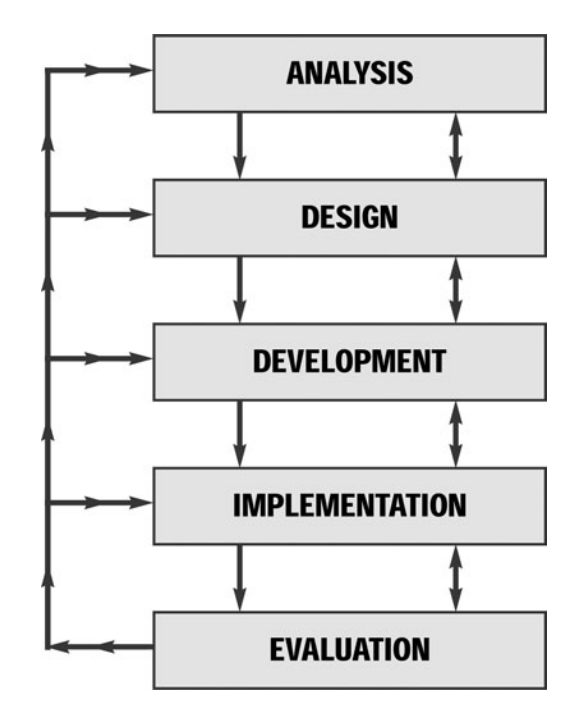Development of learning tools using an open-ended approach with questions and higher-order thinking skills to improve students' mathematical reasoning abilities
DOI:
https://doi.org/10.31943/gw.v15i1.696Keywords:
Higher Order Thinking Skills (HOTS), Learning Media, Mathematical Reasoning, Open-Ended ApproachAbstract
Mathematical reasoning abilities were crucial for comprehending mathematical concepts and equipping students to confront the challenges of the 21st century. However, the persisting issue of students' inadequate mathematical reasoning abilities remained relevant. Hence, this study aimed to assess the efficacy and practicality of educational tools utilizing an open-ended approach with HOTS (higher-order thinking Skills) questions to enhance students' mathematical reasoning capabilities. The research employed the research and development (R&D) method, involving students from Madrasah Tsanawiyah (MTs) Istiqlal Jakarta and expert educators. This developmental study followed the ADDIE model, encompassing analysis, design, development, implementation, and evaluation stages. The research tools included observation sheets for monitoring the learning process, expert assessment questionnaires to evaluate tool suitability, student response surveys, and mathematical reasoning proficiency assessments to gauge tool effectiveness. Findings indicated the feasibility of employing learning tools with HOTS questions and an open-ended approach to enhance students' mathematical reasoning skills, with an average feasibility rate of 89%. Evaluation by validators revealed a 96% average rating, signifying the learning tools' substantial validity for educational use. Furthermore, field trial results demonstrated that 89.29% of students achieved scores surpassing the minimum completeness criteria (MCC) post-tool implementation, affirming its efficacy in enhancing students' mathematical learning capacities. This research suggested that leveraging learning tools with HOTS questions and an open-ended approach presented new avenues for significantly bolstering students' mathematical reasoning skills. This underscored the importance of embracing innovative methodologies in crafting educational materials to foster more captivating and meaningful student-learning encounters.
Downloads

Downloads
Published
How to Cite
Issue
Section
License
Copyright (c) 2024 Dina Putri Setyowati, Yumiati Yumiati, Idha Novianti

This work is licensed under a Creative Commons Attribution 4.0 International License.
The use of non-commercial articles will be governed by the Creative Commons Attribution license as currently approved at http://creativecommons.org/licenses/by/4.0/. This license allows users to (1) Share (copy and redistribute the material in any medium) or format; (2) Adapt (remix, transform, and build upon the material), for any purpose, even commercially.









